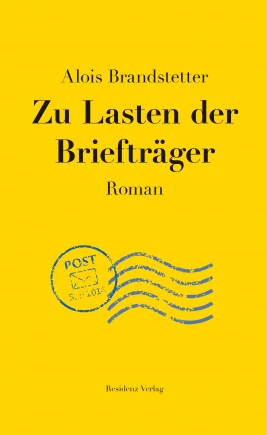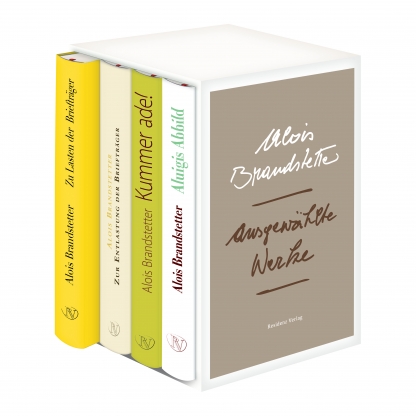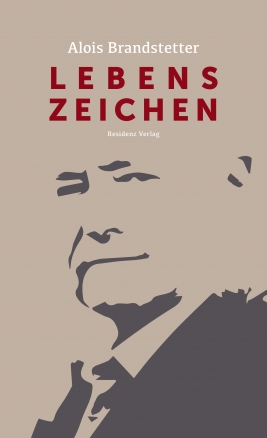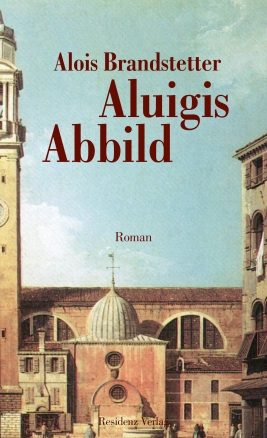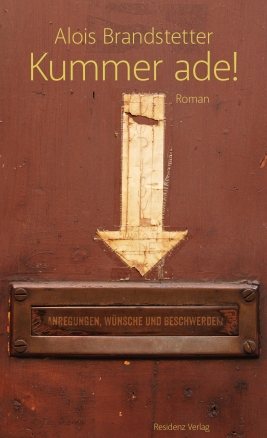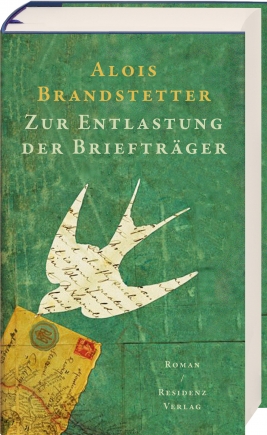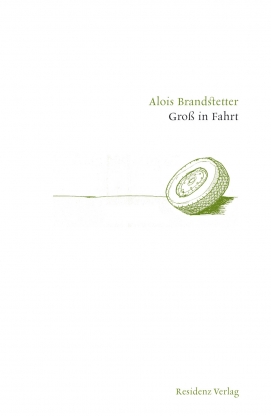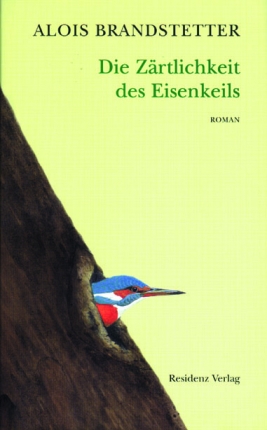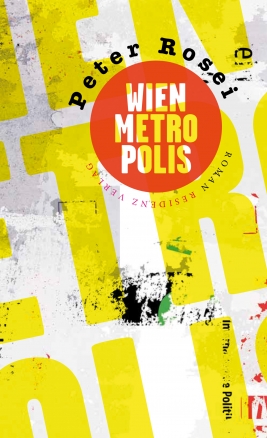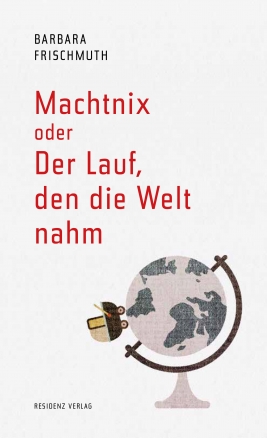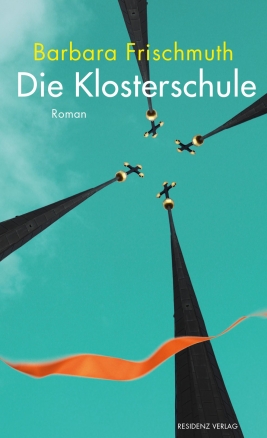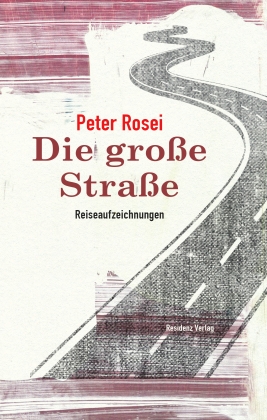Alois Brandstetters „Lebensreise“ ist profane Generalbeichte und zugleich österreichische Kultur- und Literaturgeschichte der Nachkriegszeit. In diesen Erinnerungen stecken viel akademische und menschliche Weisheit sowie Liebe zu den Wörtern.
[Quelle: Janko Ferk, DIE PRESSE]
Lesenswert!
[Quelle: Elisabeth Rathenböck, KRONEN ZEITUNG]
Solcherart verbinden sich Szenen und Bilder einer Kindheit und Jugend in der oberösterreichischen Provinz mit allerhand Abschweifungen, die manches über den begeisterten und gebildeten Leser und vieles über den sanft tadelnden Gesellschaftskritiker Alois Brandstetter verraten, der sich als "seltsamer Heiliger" gegen den Ruf, ein Unbeirrbarer, Sturer, ja Humorloser zu sein, zu verteidigen sucht.
[Quelle: ÖSTERREICH]
Ertragreiche „Lebensreise“ eines Menschenfreunds. (…) eine augenzwinkernde Wallfahrt in seine Vergangenheit.
[Quelle: Christian Schacherreiter, Oberösterreichische Nachrichten]
Seine „Lebensreise“ folgt keinem strengen Fahrplan. Brandstetter kommt dabei aber nicht vom Hundertsten ins Tausendste. Es fällt ihm schon allein zu einem Begriff, einem Namen, sehr viel ein…
[Quelle: ORF]
Wenn er auf Lebensreise geht, wird es eine Wallfahrt: In seinen Romanen spielte Religion immer eine Rolle.
[Quelle: Peter Pisa, KURIER]
Alois Brandstetter lädt in seinem jüngsten Buch ein, ihn bei seiner „Menschwerdung“ zu begleiten.
[Quelle: Anton Thuswalder, DIE FURCHE]
Neben dem unübertroffenem Sprachwitz und dem profunden Wissen, ist das Assoziative, das vom Hundersten-ins-Tausendste-Kommen charakteristisch für den Erzähler. (…) Das ist auch die Methode in diesem Buch und macht die Lektüre zu einem lehrreichen Lesegenuss.
[Quelle: KIRCHENZEITUNG]
Wer wissen will, was im intellektuellen Österreich der sechziger Jahre an Interessantem geschah, lese dieses Buch!
[Quelle: Erich Kein, DER FALTER]
„Lebensreise“ ist ein Buch, auf das man sich einlassen, für das man sich Zeit nehmen muss. Dafür wird man mit einem Feuerwerk an Wissenswertem, Kuriosem, immer Interessantem belohnt. Es handelt sich ganz gewiss nicht um ein Buch, das man „verschlingen“ kann. Vielmehr kann man es sich beim Lesen im übertragenen Sinn genüsslich auf der Zunge zergehen lassen.
[Quelle: Karina Luger, schreiblust-leselust.de]
Inspirierend und animierend ist diese Lektüre, die den Bogen bis in die aktuelle Coronazeit spannt – und mit dem heiligen Aloysius von Gonzaga schließt.
[Quelle: Karin Waldner-Petutschnig, KLEINE ZEITUNG]
In seiner Lebensreise macht sich Alois Brandstetter auf zu den wichtigsten Stationen seines Lebens. Er betrachtet augenzwinkernd seinen „Lebenswandel", erinnert sich an Heiteres und Wehmütiges und erzählt, wie er als siebentes Kind eines Müllers und Bauern seinen Weg in Wissenschaft und Literatur fand.
[Quelle: Johann Günther, GOODREADS]
Ein großartiger ironischer Erzähler, der angenehm lesbar sein enormes kulturhistorisches Wissen an die Leser bringt und Kritik übt, woran Kritik zu üben ist, etwa im Fall der katholischen Kirche.
[Quelle: Peter Vodosek, EKZ]
Brandstetter schildert in seiner „Lebensreise“ sprachgewaltig, kunstsinnig und kulturkundig wie das Leben, sein Leben, tatsächlich ein stetes Zur-Welt-Kommen ist.
[Quelle: Reinhard Kacianka, DIE BRUECKE]
Alois Brandstetter schreibt (…) stilsicher, oft etwas ironisch aus der Perspektive eines geistig offenen, konservativen Katholiken, (…)
[Quelle: Peter Bräunlein, ELIPORT]
(…) alles schildert er geistreich, humorvoll, auch ironisch, und sehr viele Aspekte berührend. (…) Ein Buch, das neben den Liebhabern der Bücher des Autors durchaus auch für weitere Leser interessant sein dürfte.
[Quelle: Erwin Wieser, BUCHPROFILE BORROMÄUSVEREIN]
(…) alles schildert er geistreich, humorvoll, auch ironisch, und sehr viele Aspekte berührend. (…) Ein Buch, das neben den Liebhabern der Bücher des Autors durchaus auch für weitere Leser interessant sein dürfte.
[Quelle: Erwin Wieser, MEDIENPROFILE]
Speziell an diesem autobiographisch eingefärbten Buch ist die Verknüpfung der Erinnerungen des österreichischen Schriftstellers und Akademikers Alois Brandstetter mit einer Wallfahrt zum Namenspatron, dem heiligen Aloysius.
[Quelle: SALVE]








